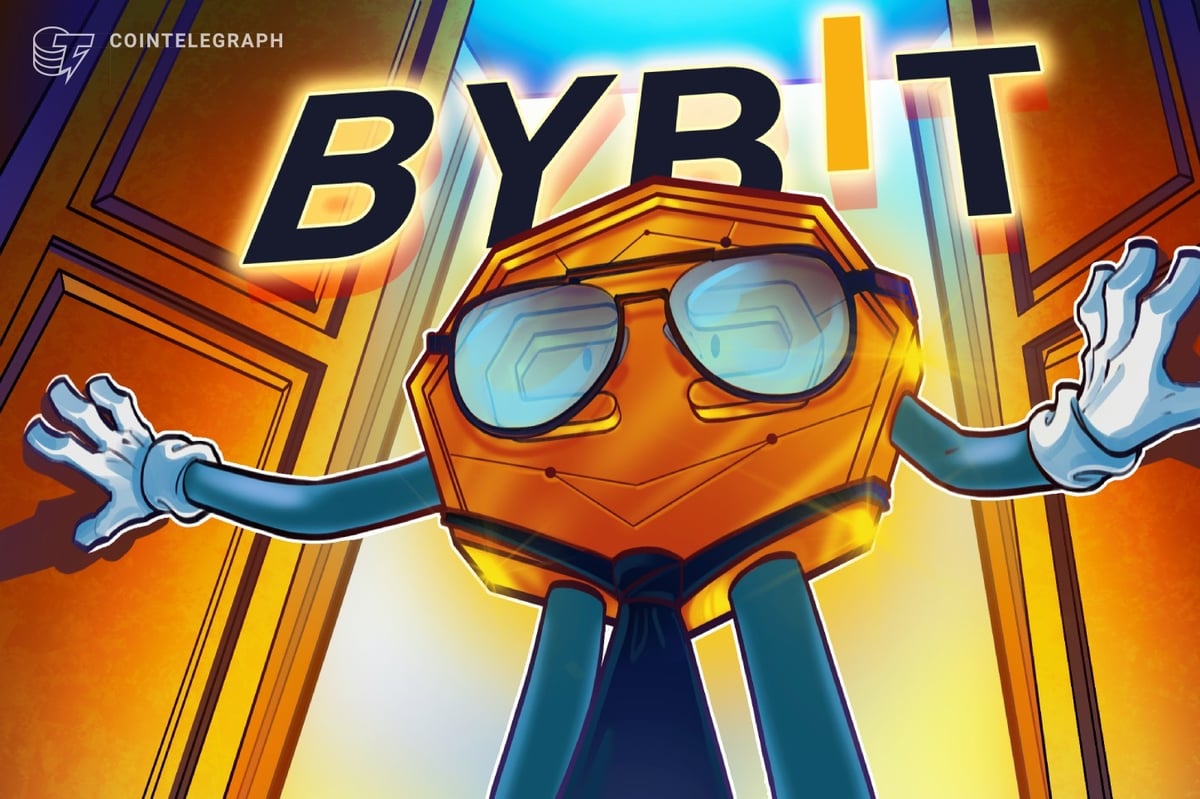**Bybit Made "Slow but Steady Comeback" in 2025 After Massive Hack**
Despite suffering a record-breaking hack worth $1.5 billion, cryptocurrency exchange Bybit has made a remarkable comeback, climbing to the second-highest trading volume among exchanges last year, according to data from CoinGecko.
The attack, which occurred in February 2025, was carried out by North Korean hackers who exploited a vulnerability in Bybit's cold wallet infrastructure to steal $1.5 billion worth of Ether (ETH). However, the exchange took swift measures to reassure users, including keeping withdrawals open and honoring all user transactions.
"Despite the major hack Bybit suffered in February, it has clawed its way back to the top," said CoinGecko research analyst Shaun Paul Lee in a report. "Bybit slowly gained back its dominance throughout 2025."
According to CoinGecko's analysis, Bybit's trading volume reached $1.5 trillion in total during 2025, with the exchange accounting for 8.1% of the market share for the year.
"Bybit has made a slow but steady comeback," Lee added. "The exchange's efforts to maintain transparency and reassure users have helped it regain trust in the market."
The hack on Bybit was the largest crypto heist in history, highlighting the risks faced by exchanges in the industry. However, Bybit's response to the attack has been seen as a model for other exchanges to follow.
Immunefi CEO Mitchell Amador told Cointelegraph earlier this month that nearly 80% of projects that suffer a hack never fully recover due to breakdowns in operations and trust during the response. However, Bybit's handling of the situation has been seen as a key factor in its ability to bounce back.
**Most Exchanges Saw Trading Volumes Climb in 2025**
CoinGecko's report also revealed that six out of the top 10 exchanges by market share saw their trading volumes climb in 2025, with the combined total rising 7.6% on average over the year, totaling $1.3 trillion in extra trades.
Four out of 10 exchanges saw double-digit percentage increases in volume, with MEXC leading as the fastest-growing exchange for the year, with its trading volume jumping 91% to $1.5 trillion, up from $766 billion in 2024.
"MEXC continued its aggressive zero-fee policy across all spot trading pairs, attracting high-frequency traders and retail users, and boosting trading volume," Lee said.
**Binance Remains Market Leader**
Despite a slow end to the year, 2025 was a bumper year for crypto prices, with Bitcoin (BTC) and other coins recording multiple all-time highs. Binance remained the market leader among crypto exchanges, with CoinGecko estimating it handled $7.3 trillion in trading volume.
However, Binance's annual trading volume fell 0.5% compared to 2024, a drop attributed to the general bearish sentiment in the crypto market after the historical liquidation event on October 10.
"The slump in trading volume can be attributed to the general bearish sentiment in the crypto market after the historical liquidation event on Oct. 10," Lee said.
